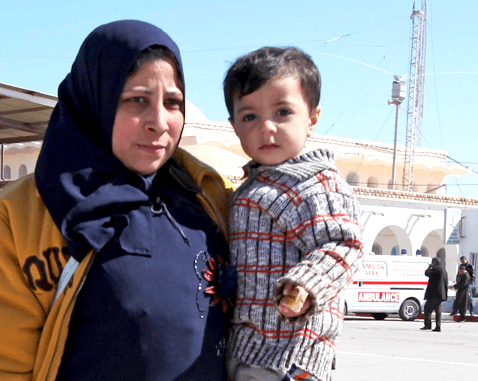Protracted armed conflict and political instability has impacted millions of people across Libya country and displaced thousands. The conflict has had a devastating impact on healthcare, with regular attacks against health facilities, medical personnel and ambulances. In many areas in the south of Libya, access to and quality of basic services, including life-saving healthcare, is severely constrained. Women and girls in particular face unmet health needs and there has been an alarming increase in maternal mortality. Migrants and refugees continue to face a multitude of protection risks, including arbitrary detention and sexual and gender-based violence. UNFPA has a strong presence in the gender-based violence sub-cluster and the sexual and reproductive health working group in Libya and is working jointly with partners to operationalize its humanitarian, development and peacebuilding priorities.
Humanitarian needs
Last updated on - June 2024
Total people in need
Humanitarian funding
Resources in US$
Key humanitarian results 2023

Women assisted to deliver babies safely in UNFPA-supported facilities

People Targeted by UNFPA

People in need

Adolescents and youth (10-24) reached with SRH services

People reached with Family Planning Services in UNFPA-supported facilities

People reached with SRH information and awareness activities in person

People reached with GBV prevention, mitigation and response activities

People reached with SRH services

People reached with awareness-raising activities and GBV-lifesaving information in-person

Dignity kits and/or other Non-Food Items distributed

Safe Spaces for women and girls, supported by UNFPA

Youth Spaces supported by UNFPA

Health facilities supported by UNFPA

SRH mobile clinics supported by UNFPA and run by UNFPA Implementing Partners

Personnel trained on the Minimum Initial Service Package (MISP) for SRH

Non-specialised GBV humanitarian workers / frontline workers who were trained /oriented on GBV core concepts and guidelines
- Results data are reported and updated as they become available.
- -Targets and UNFPA's populations of concern, including women of reproductive age and pregnant women, are estimated using the MISP calculator.
- -Funding estimates are based on country planning processes, including inter-agency humanitarian response plans and regional refugee and resilience plans.





